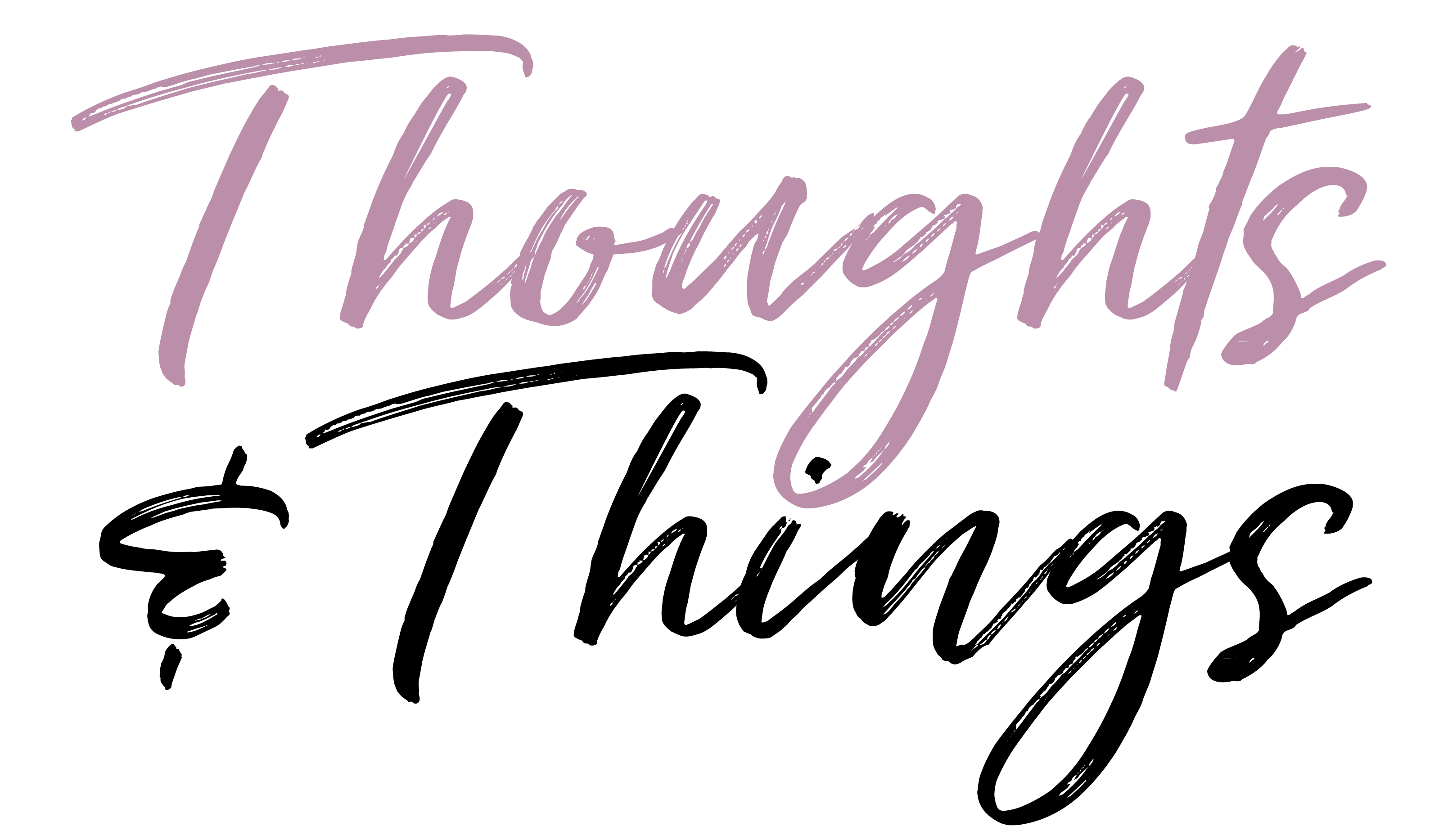I’ve been seeing a connection between the diversity and unity of people at the protests in person with the conversations online. I’m interested in how people are coming together on social media to push the new era of the civil rights movement forward and truly hold companies accountable for doing their parts.
What’s happening with Black Lives Matter cannot be ignored by brands, and it can interrupt their business if they respond inappropriately or ignore the voices of their consumers.
Brands are no longer getting away with posting vague, carefully crafted marketing messages of generic support in times of national crisis. Remaining silent during tough situations was once widely accepted, but that’s no longer the case. Silent and vocal brands are both being challenged by consumers who aren’t asking, but demanding immediate answers about how they’re representing and employing Black people, and actionable steps to help end the vicious cycle of racism plaguing Black America. Consumers will undoubtedly watch the ways in which brands proceed.
Meanwhile, here are five developments from this week that shouldn’t be missed:
1. Words Are Powerful
Whether you’re posting from a company page or personal account, the words you share on social media can have significant impacts on business. Earlier this week, Beauty Independent reported on Organic Bunny losing major brand partnerships due to homophobic and racist social posts. CrossFit CEO Greg Glassman resigned from his position, and Reebok cut ties with his company after he made insensitive remarks about race, and tweeted “Floyd-19” in response to a post about racism and public health. Media properties Refinery29, Who What Wear, Man Repeller and Vogue are being taken to task for supporting Black Lives Matter externally while not supporting Black employees internally. Three years ago, L’Oréal dropped model Munroe Bergdorf for comments about systemic racism. She called the company out for it. Now, L’Oréal is tapping her to advise it on diversity and inclusion. Read more from The Atlantic about how brands are reacting to the protests here.
2. Share The Mic
On Wednesday, Black women took over the social media accounts of white women with the aim of amplifying Black voices fighting to change America’s racist systems and reaching audiences they previously hadn’t. Over 40 pairs of women with a total of more than 300 million followers participated to focus on Black women’s voices, work and experiences. Learn more about the campaign here, and follow @ShareTheMicNow to tune in.
3. #15PercentPledge And #PullUpForChange
In a Glossy article published on Tuesday, Alvin B. Tillery, Jr., an associate professor at Northwestern University, said, “[Consumers are saying] to companies like Target or Sephora: ‘You say you support Black Lives Matter, but what have you done to support bringing black representation into your supply chain, distribution network and brands in your stores?’ These dimensions of the movement are new, and it’s a reflection of how much millennials and Gen-Z have integrated social media into their lives. They’re all about values.”
Aurora James, founder of footwear brand Brother Vellie and creator of the 15 Percent Pledge campaign, is asking retailers to commit 15% of their shelf space to Black-owned brands. Together with Uoma founder and CEO Sharon Chuter’s Pull Up Or Shut Up! effort demanding beauty companies release the racial breakdown of their workforces, these initiatives have led to companies exposing their commitment—or lack thereof—to the inclusion of Black people. These initiatives are only the beginning. Next, improvement has to actually occur, and consumers will be keeping an eye on the companies that have pulled up and pledged to see if they follow through with promises to do better. Read the Glossy article I referenced here.
4. Are Influencer Brands Over?
According to a Forbes story, “Kylie’s business is significantly smaller, and less profitable, than the family has spent years leading the cosmetics industry and media outlets, including Forbes, to believe.” Influencers that aspire to follow in Kylie Jenner’s footsteps are in for a rude awakening. Posting on social media and constructing a huge, lasting beauty company are two entirely different enterprises. With Jenner’s cosmetics empire showing cracks, the entire influencer business model based on the idea of social media fans translating to sales is being scrutinized. Though Jenner gained millions of Instagram followers year after year, the increases didn’t lead to additional revenue for her spin-off lines. Read more about the Kylie controversy via the New York Post here.
5. Tips For Building Strong Digital Communities
In the age of COVID-19, everyone is talking about community building in digital environments. Instagram is still one of the best ways to gain brand loyalty, boost engagement and stay close to customers. With many social distancing measures in place, it’s an important time to create meaningful relationships with your audience. In a blog post, Instagram marketing platform Later discussed how and why you should build a community using Instagram, and offered six tips for getting started. Read more here.
Want to gain brand loyalty, boost engagement, and stay better connected to your customers?
That all happens when you create a thriving Instagram community! Learn how to do it right. 👇https://t.co/DbWxmYgXE8
— Later (@latermedia) June 10, 2020











